"Having an army is necessary, and does not lead to war. Oddly enough, the absence of armies leads to war," Viktor Orban said in an interview on Kossuth Radio's Good Morning, Hungary program. The PM explained that strength and armed forces are necessary to avoid war, as wars are most often caused by weakness. "A country risks being attack if the enemy believes that it can defeat it. If you want peace, prepare for war," he added. Defense capabilities are necessary and it is bad enough that Hungary has not been strong in this regard for a long time. "However, we have started to develop our armed forces and are progressing very well."
Will Russia stop after defeating Ukraine?
This is the most important issue, the premier said noting that he is aware that many people think that this will not happen. But PM Orban is of the opinion that the Russians are no match for the Ukrainian army, while NATO is a hundred or perhaps a thousand times stronger than Ukraine, meaning that it is not Russia's interest to attack the defense organization. NATO was originally created for the alliance to line up as one country behind an attacked member state. He also pointed out that a long period of preparation preceded entry into both world wars,
and what is currently happening in Brussels and Washington is establishing the mood for a direct military conflict.
It is incomprehensible, according to Mr Orban, why the focus is not on preventing further devastation, and why they are not isolating this conflict by saying that this is a war between two Slavic nations. It is in everyone else's interest to isolate this conflict, but instead the West is treating this war as their own. The change in Germany's position illustrates how we are drifting into war: initially they decided to only ship helmets, while now they are sending weapons and are even considering the sending of troops.
In theory, the strategy is that Ukrainians fight on the front line while we provide them with weapons, money and technical equipment. At the negotiations on the war, I have asked on multiple occasions whether anyone can tell me how much money will have to be spent for the Ukrainians to force the Russians out of the occupied territories. The answer to this question is usually silence,
PM Orban said.
This election will decide the question of war or peace in Europe
The prime minister emphasized that Hungary insists on NATO's founding charter, which states that it is a defense alliance with no mention of NATO going to war outside its members' territory. Yet, currently, preparations for war are taking place in NATO's Brussels headquarters and the organization is discussing how it can take part in the war, Mr Orban stressed.
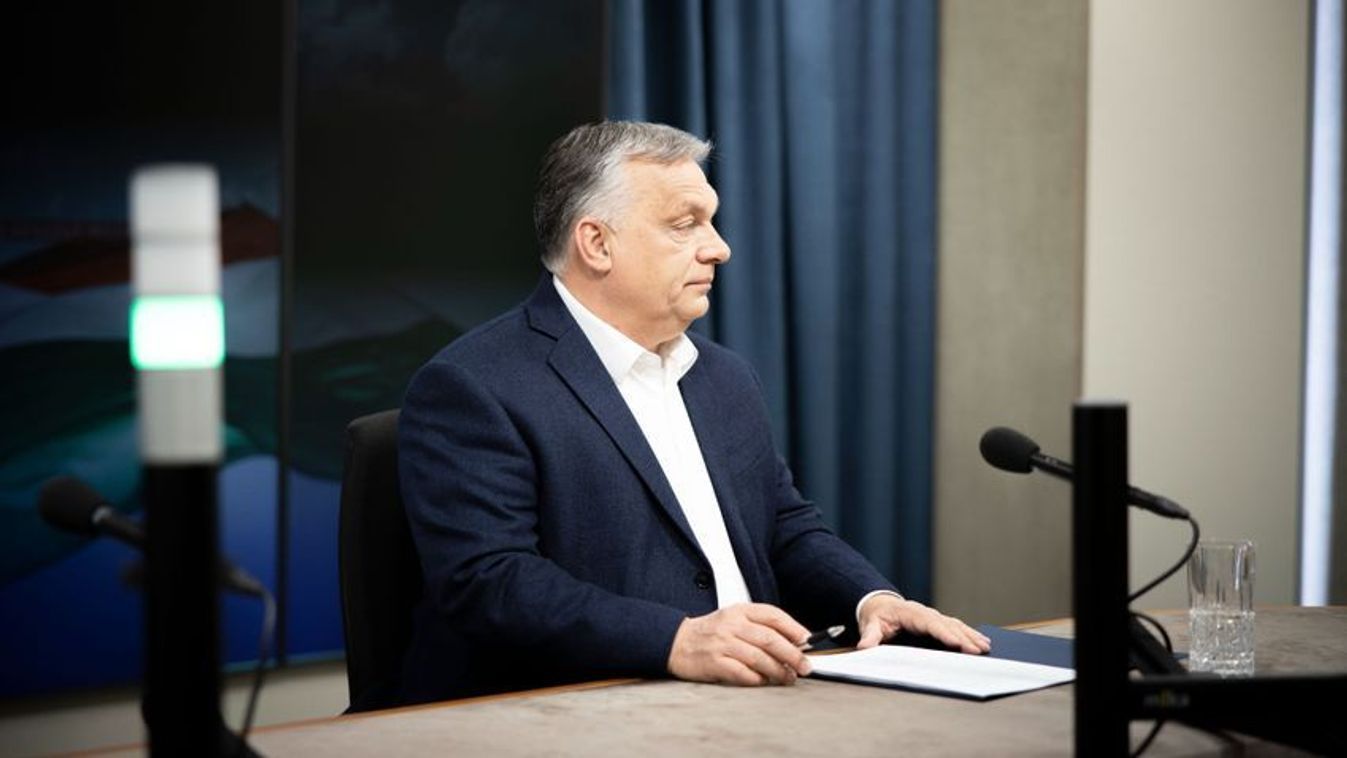
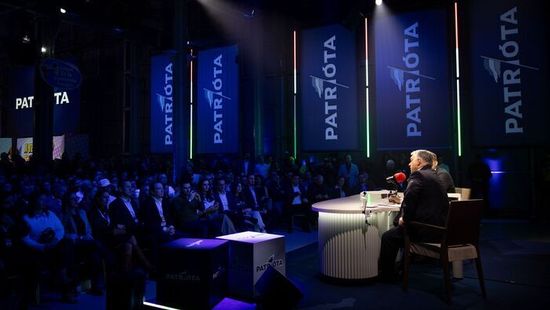
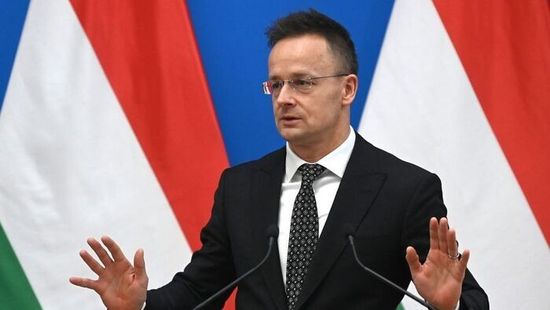

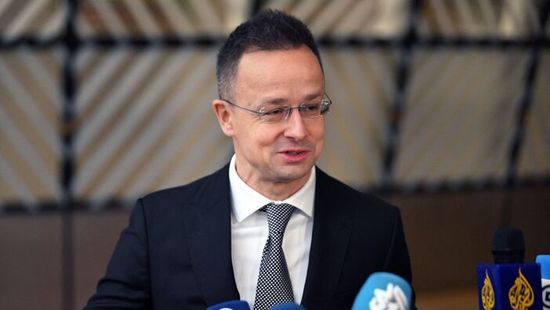

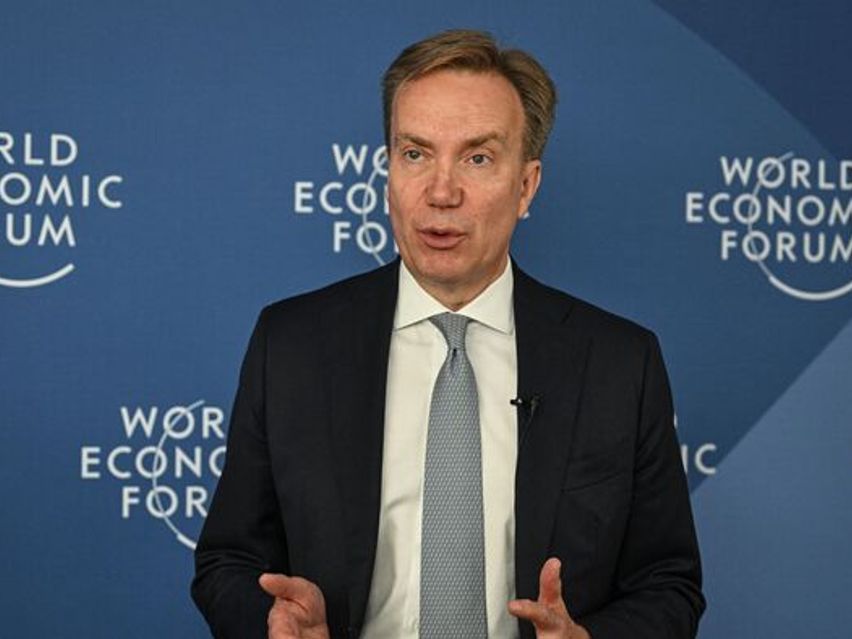
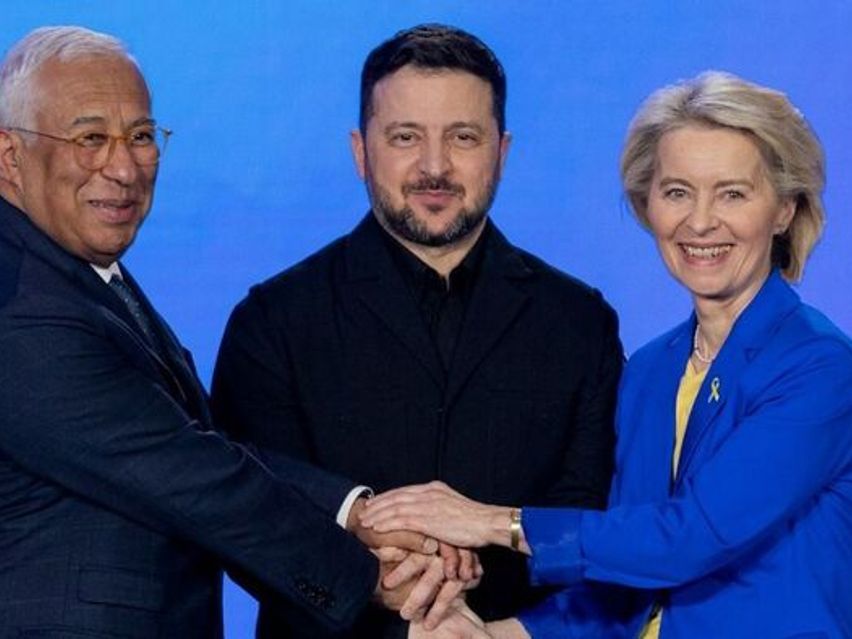

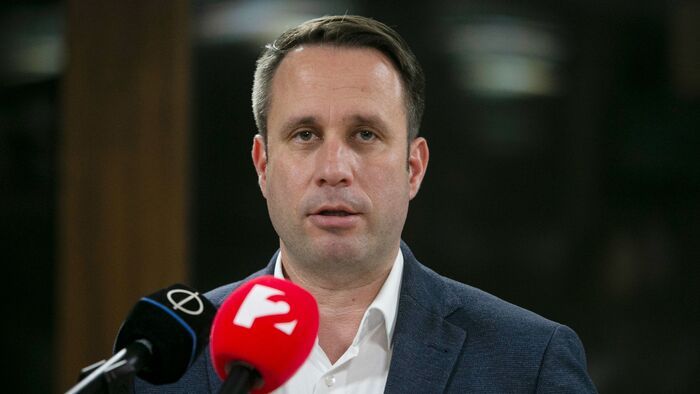

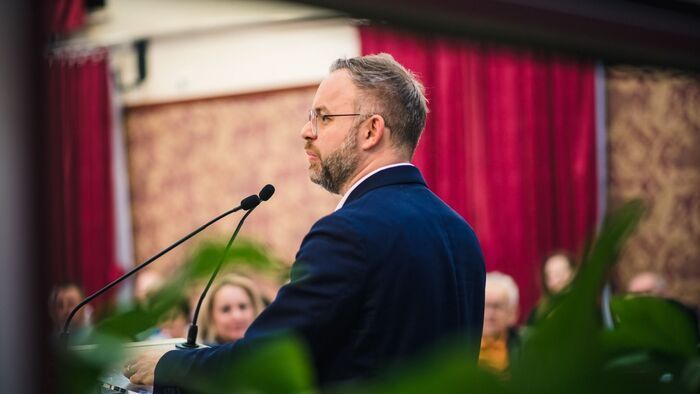
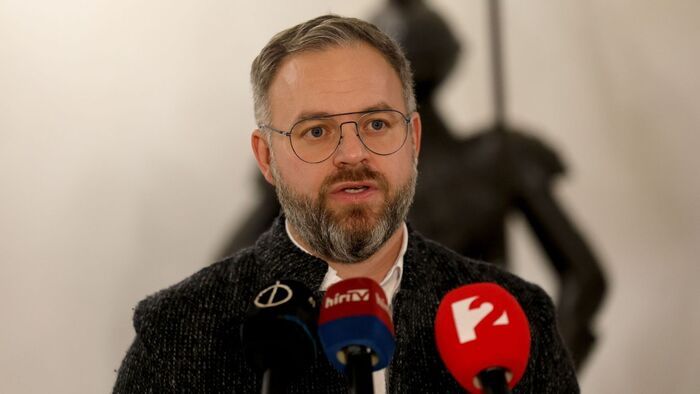
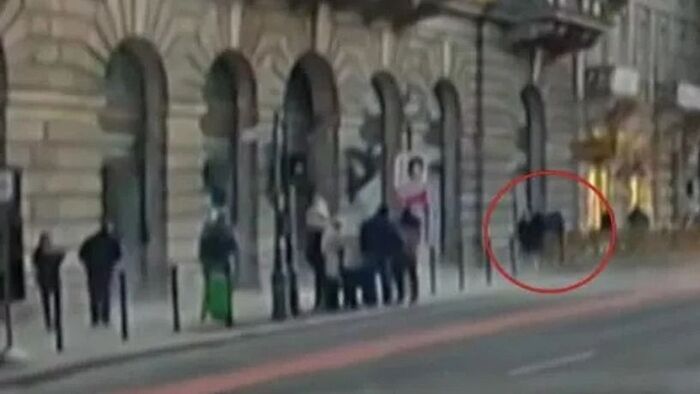
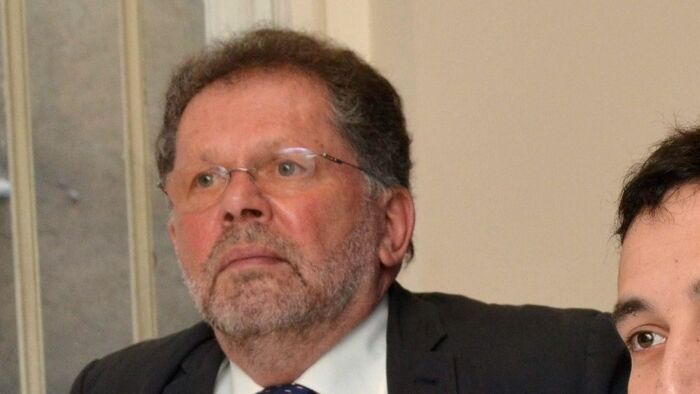

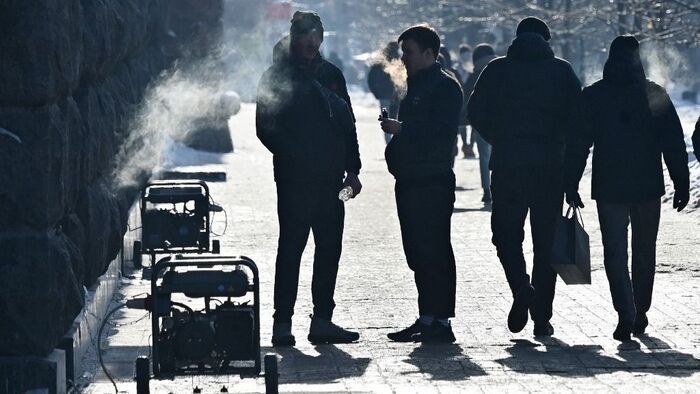
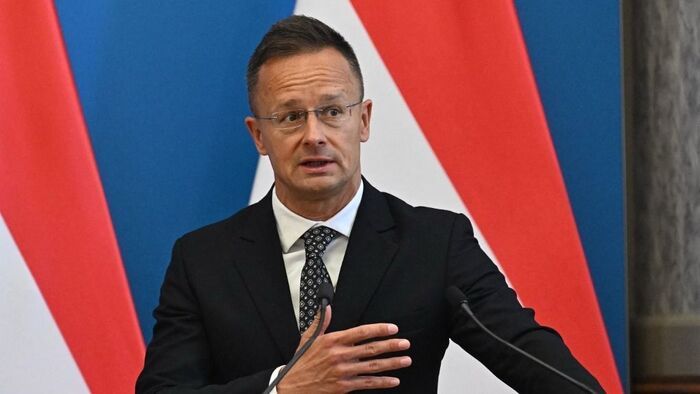

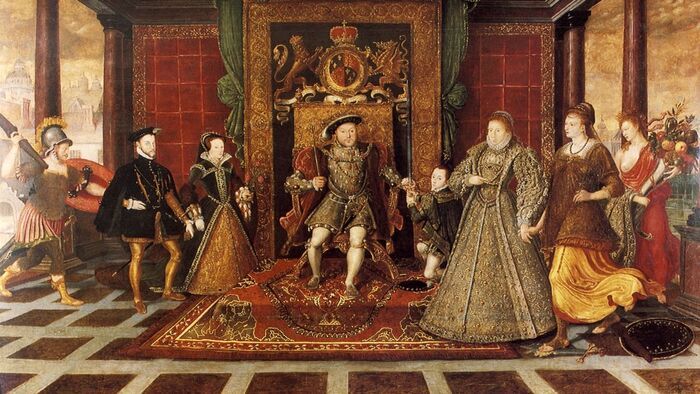
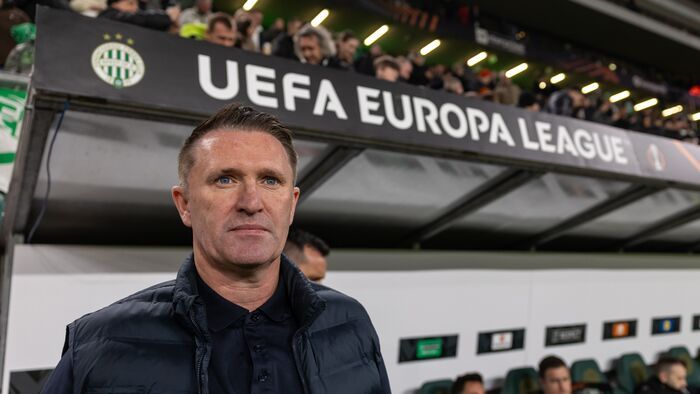

Szóljon hozzá!
Jelenleg csak a hozzászólások egy kis részét látja. Hozzászóláshoz és a további kommentek megtekintéséhez lépjen be, vagy regisztráljon!